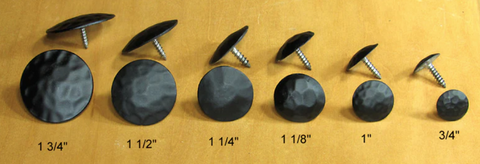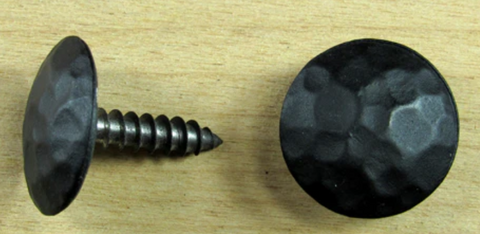Whether you are a seasoned professional or an enthusiastic DIYer, understanding the advantages and applications ofscrew nails is an innovative way to enhance your toolkit. In this post, we explain what a screw nail is and the varied uses and benefits they offer. Let’s dive in and see how they can make your assembly projects even better.
What is a Screw Nail?
Screw nails, often confused with ordinaryscrews ornails, stand out due to their hybrid design. They possess a threaded body similar to a screw, which ensures superior holding power, and a flat head akin to a nail, facilitating easy hammering. This amalgamation of features allows for a robust and secure fastening, crucial in various construction tasks.
Benefits of Using Screw Nails
- Increased Holding Power: The screw nail's threaded shank embeds deeply into the material, offering a hold that far surpasses that of a standard nail. This feature is especially beneficial for structures exposed to significant stress or vibrations.
- Multi-Material Compatibility: Screw nails are versatile and can be used for a broad range of materials, from various woods to plastics and select metals.
- Simple Installation and Disassembly: Screw nails combine durability with ease of use; they can be swiftly put in place using a regular hammer and removed using a screwdriver or a drill, making them useful in both fixed and temporary projects.
- Visual Appeal: Screw nail heads can be made flush with the surface and then concealed or painted, offering a discreet solution for areas where a neat, polished appearance is required.
- Budget-Friendly: In comparison to alternative fastening methods, screw nails are a cost-effective option, providing sturdy and dependable connections without necessitating costly tools or extra fasteners.
5 Ways to Use Screw Nails
1. Woodworking and Carpentry
Screw nails are invaluable in the woodworking and carpentry industries. Their screw-like design allows them to create strong, tight joints between pieces of wood, like cabinets, without the need for adhesives, which prevents wood splitting and maintains structural integrity. Their design also allows for a flush finish, so they can be integrated into visible areas without minimizing visual appeal.
2. Roofing and Flooring
Constructing roofs and floors demands fasteners that withstand significant stress and weather conditions. Screw nails excel in this environment, keeping shingles or roofing tiles securely attached even in high winds and harsh weather conditions. For flooring, they limit the risk of raised floorboards and reduce squeaking over time.
3. Furniture Assembly
When assembling furniture, stability is vital. Screw nails provide this stability better than traditional nails by firmly anchoring parts together, which is especially useful for furniture designed to bear weight, like dining sets and bookshelves. Even after repeated use, screw nails keep these items sturdy. Also, their easy removability allows the furniture to be disassembled and reassembled without damaging the wood.
4. Outdoor Structures
Screw nails are preferred fasteners for decks andwood fences because of theirdurability and weather resistance. They keep wooden components securely fastened together, even in changing seasons.
5. DIY Projects
DIY enthusiasts appreciate screw nails for their ease of use and effectiveness in a wide range of projects, from crafting birdhouses to building custom storage solutions. They allow hobbyists to achieve professional-grade results without needing specialized tools or skills.





























































